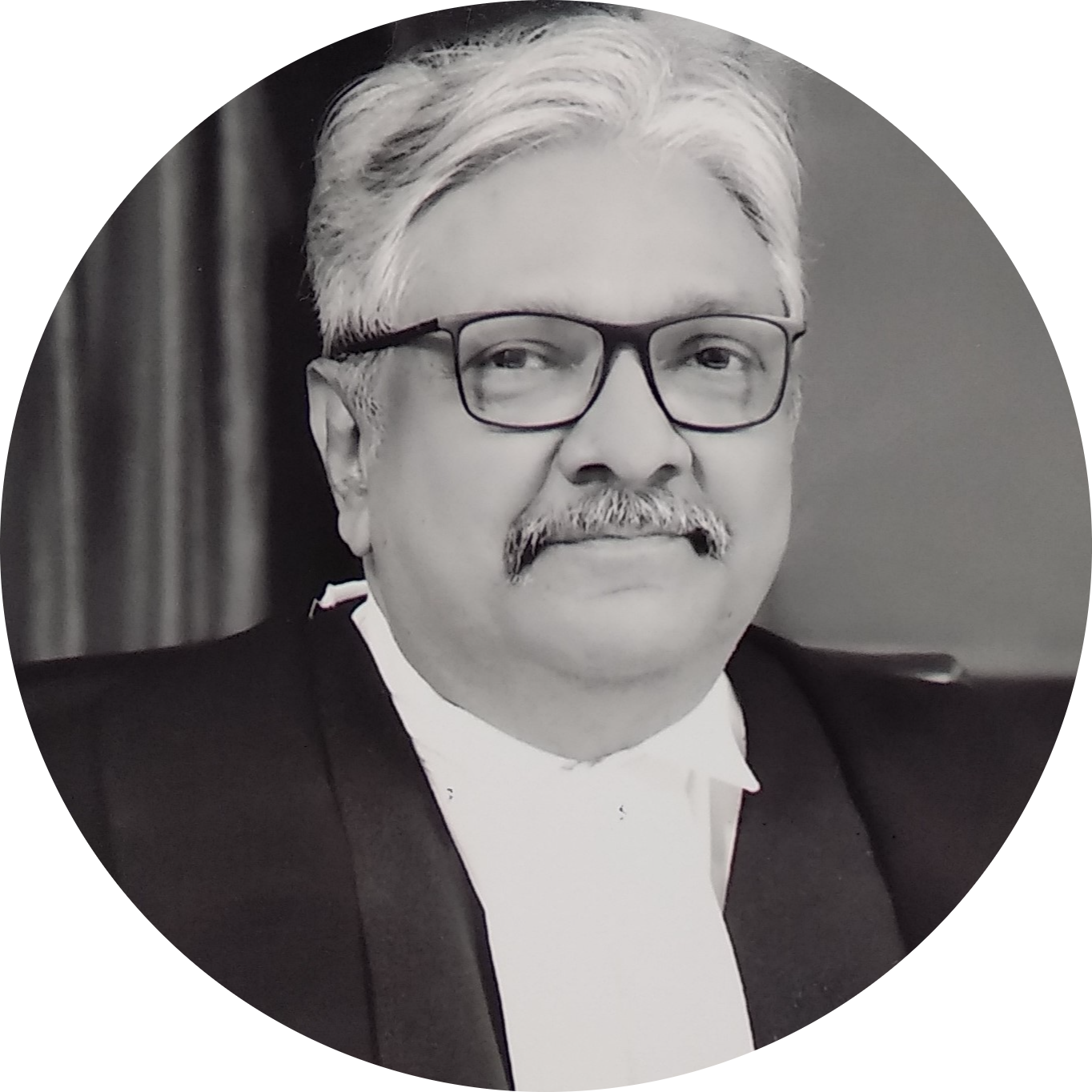K.M. Joseph

K.M. Joseph
Former Judge of the Supreme Court of India
Assumed Office8th Aug, 2018
Retired On16th Jun, 2023
Previously
Chief Justice of the Uttarakhand High CourtJuly 31st 2014 - August 6th 2018
Permanent Judge of the Kerala High CourtOctober 14th 2004 - 30th July 2014
EnrolmentJanuary 12th 1982
Profile
Early Life and Education
Justice Kuttiyil Mathew Joseph was born in Kochi, Kerala on June 17th 1958. He completed his secondary education from Kendriya Vidyalaya, Kochi and New Delhi. He later joined Loyola College, Chennai and obtained his law degree from Government Law College, Ernakulam. He began practising in the Delhi High Court after enrolling as an Advocate in 1982.
Career as an Advocate
He later shifted his practice to the High Court of Kerala in 1983 and specialised in Civil and Constitutional matters. Justice K.M Joseph’s expertise in Civil matters was called upon when he was appointed as the Amicus Curiae in the case of Mathew Varghese v Rosamma Varghese (2003) before the Kerala HC, where the Court held that a child has the right to maintenance even if they are born out of an inter-faith marriage.
Career as a Judge
Justice Joseph was appointed as a permanent Judge of the Kerala HC in October 2004, where he served for nearly 10 years before being appointed as Chief Justice of the Uttarakhand High Court in July 2014. As Chief Justice of the Uttarakhand HC, Justice Joseph quashed the imposition of President’s Rule in the State of Uttarakhand in 2016. The Union was allegedly attempting to have the Bharatiya Janata Party form the Government before the HC could pass an order. Justice authored a scathing Judgment which returned power to the Congress party and criticised the actions of the Union Government, stating ‘We are pained that the Central government can behave like this. How can you think of playing with the Court?’. He also called the alleged attempts of the Union a ‘travesty of Justice’.
In January 2018, the Supreme Court Collegium recommended Justices K.M. Joseph and Indu Malhotra to be appointed as a Judge at the SC. While the Union government cleared Justice Malhotra’s appointment, Justice Joseph’s name was rejected. The Union cited several grounds for this rejection, such as his lack of seniority amongst other HC judges, over-representation from the Kerala HC in the Supreme Court, and the lack of representation of judges from other HCs at the SC. However, the collegium reiterated Justice Joseph’s recommendation, sending it to the Union once more. Upon reiteration, the recommendation was accepted and Justice Joseph was elevated to the SC on August 8th, 2018.
Justice Joseph retired on June 17th, 2023 after serving a tenure of nearly 5 years.
Tenure at the Supreme Court in Numbers
During Justice Joseph’s tenure, he has been a part of 404 Benches and authored 132 Judgments, as we can see in Figure 1.
Notable Judgments
In Gautam Navlakha v National Investigation Agency (2021), Justices U.U. Lalit and K.M. Joseph decided whether time spent under ‘house arrest’ would count when granting ‘default bail’ under Section 167 of the Code of Criminal Procedure, 1973. Default bail is granted when the police or investigating agency has not filed the charge sheet within 90 days of the accused being in custody of the police. Gautam Navlakha was arrested under the Unlawful Activities (Prevention) Act, 1967 for allegedly inciting the Bhima Koregaon violence alongside other activists. The Delhi HC placed him under house arrest in August 2018 for 34 days. In response to Navlakha’s plea for default bail, the Court held that the Delhi HC had not intended for the house arrest to count as time spent in custody so it would not count towards the time period for default bail.
The three-Judge Bench comprising Justices R.F. Nariman, Navin Sinha, and K.M. Joseph in Bikramjit Singh v State of Punjab (2020) held that an accused has the fundamental right to be released on default bail. The accused, Bikramjit Singh, threw a hand grenade in a public hall, injuring 22 people and killing three. The accused had filed an application for bail after the expiry of 90 days in custody but the magistrate had dismissed the application on the ground that he had extended the time for custody from 90 to 180 days under Section 167 of Code of Criminal Procedure, 1973. It was held that as long as an application for default bail has been made on expiry of the 90 days before time is further extended to the maximum period of 180 days, default bail must be granted. The Court emphasised that the right to default bail is not merely guaranteed by the Criminal Procedure Code, 1973. It is part of the Right to Life and Personal Liberty under Article 21 of the Constitution of India.
Justice Joseph was a part of the three-Judge Bench in Paramvir Singh Saini v Baljit Singh (2020), alongside Justices Nariman and Aniruddha Bose. In this case, a Special Leave Petition was filed to determine the status of installation of CCTV cameras in police stations across the country and the constitution of a Central Oversight Body to overlook the installation of cameras. The Court directed all States and Union Territories to facilitate the installation of working CCTV cameras in police stations and file compliance reports. The police stations must be equipped with facilities including sufficient internet and enough camera storage. This was ordered to act as a check on custodial violence, with the Bench stating “Whenever there is information of force being used at police stations resulting in serious injury and/or custodial deaths, it is necessary that persons be free to complain for a redressal of the same.” The Bench further held that these directions were in furtherance of Article 21 of the Constitution of India.
